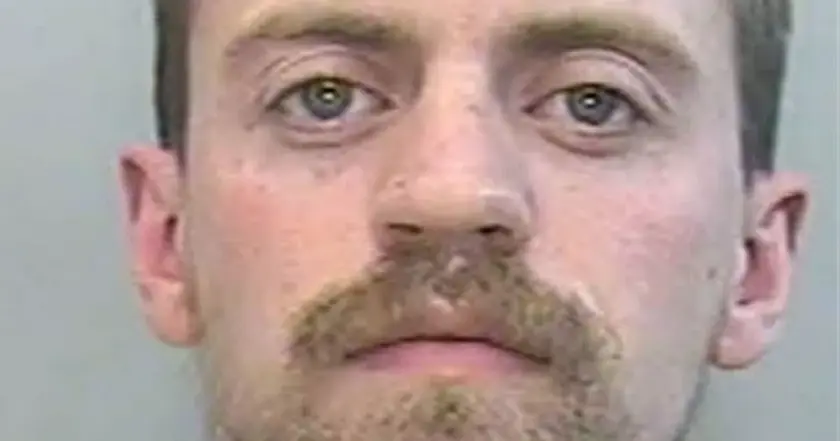T4K3.news
Torquay man jailed for leaving ex partner body on sofa
Jamie Stevens was sentenced to 14 months after pleading guilty to preventing a lawful burial and perverting the course of justice.
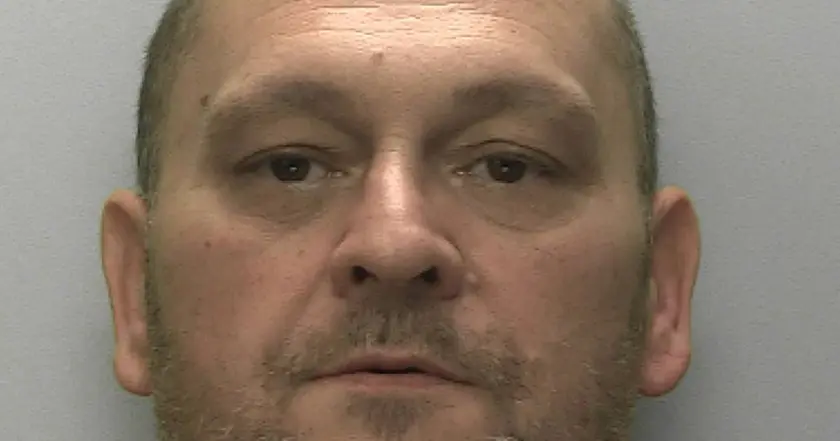
Editorial take on a Torquay case where a man kept the body of his ex partner in his flat for years and was jailed.
Torquay man jailed for leaving partner body on sofa
Jamie Stevens, 51, was jailed for 14 months after pleading guilty to preventing a lawful burial and perverting the course of justice. Exeter Crown Court heard that Anouska Sites was last seen in May 2022 and police did not locate her body until May 2025 after she was reported missing in April 2023. Officers described the flat as cluttered and found a blanket covering a skeletal arm and hand; fragranced items suggested an attempt to mask odor. The death was not treated as suspicious, and Stevens claimed he found Ms Sites dead in the address.
Stevens told investigators that Ms Sites came to his flat in January 2023 and stayed the night; he then reportedly went to his own bed and later discovered her on the sofa. He described throwing a blanket over her body and continuing to live in another room, never returning to the lounge. The judge noted the case as tragic and highlighted Ms Sites's vulnerabilities, including substance misuse, while confirming the sentence and the plan to forward the death to the coroner for a proper burial processing.
Key Takeaways
"There is no reason on the basis of the post-mortem to doubt your account of having found Miss Sites dead in your address."
Prosecutor's comment on post-mortem findings
"Ms Sites was a lovely person, my partner, my friend, and I was devastated when she died, and I miss her terribly. She deserved better."
Defense solicitor describing the relationship and loss
"Anouska was denied the dignity and right of a lawful burial on her death by Stevens."
Investigation officer on impact to the victim
"I welcome the sentence handed down by the court today in what is a very sad and tragic case."
Senior investigating officer reaction
The case exposes the human cost of a silent period after a death in a private home. It shows how a private space can hide serious harm and how the law treats acts that obstruct burial. The sentence signals that failing to report a death or to ensure a dignified burial is a crime with consequences, even when the relationship involved vulnerability and complex personal history.
There is a broader debate here about accountability, responsibility, and support. The crime underscores the need for clearer guidelines on reporting deaths in private housing and for enhanced social supports for people with mental health or addiction challenges living in cramped conditions. The outcome may reassure some readers that justice can address dignity in death, while reminding others that quiet harm within a home deserves public scrutiny.
Highlights
- A blanket cannot hide a lifetime of neglect
- Dignity matters even after death
- Truth is not a shield for silence
- Responsibility does not end when life ends
Sensitivity risk from graphic crime details
The piece involves the discovery of a body in a private home and a lengthy delay before reporting. Content could distress readers, especially family members of the deceased. Coverage should respect victims and avoid sensationalism while clearly explaining legal outcomes.
Closure matters, and accountability matters more to the people left behind.
Enjoyed this? Let your friends know!
Related News
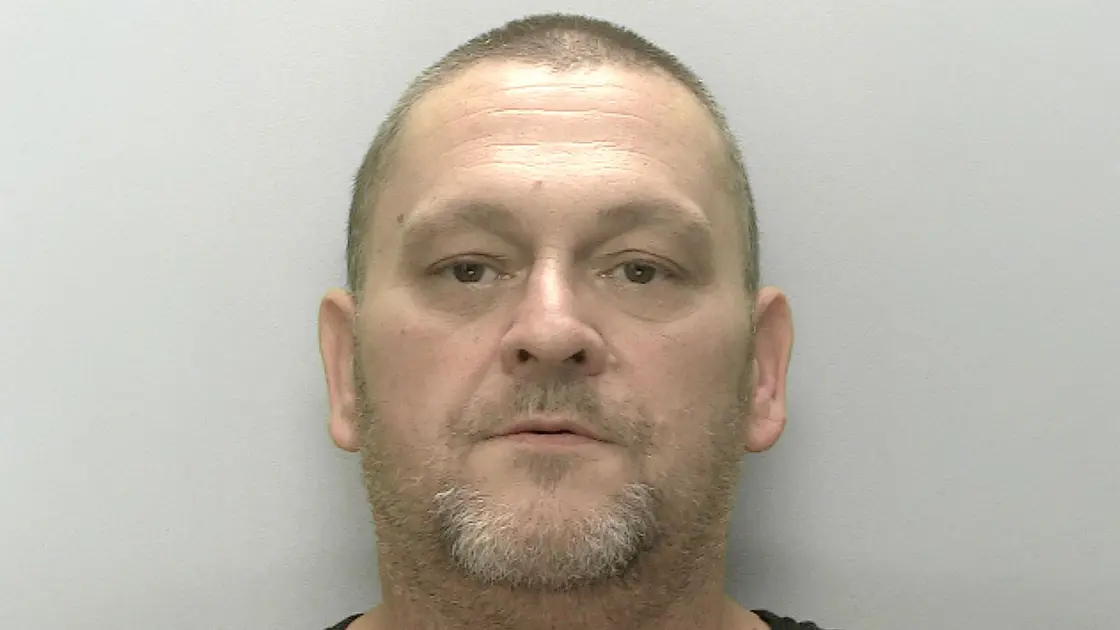
Torquay death case background
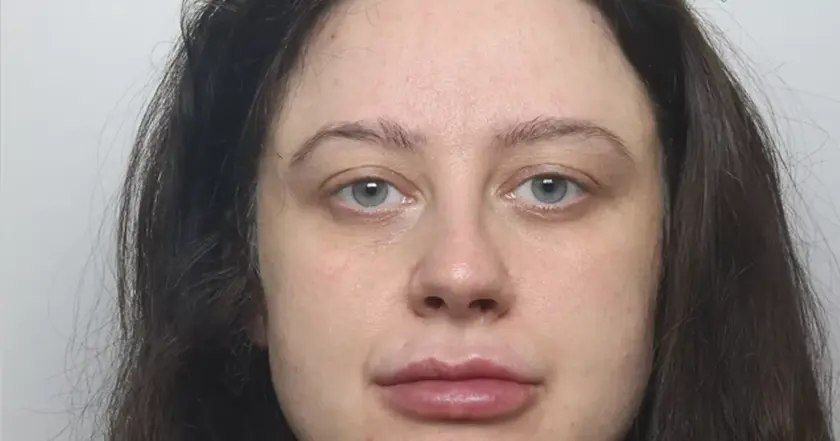
Kirsty Carless sentenced to life for murder

Cassie Ventura Posts on Instagram After Diddy Trial
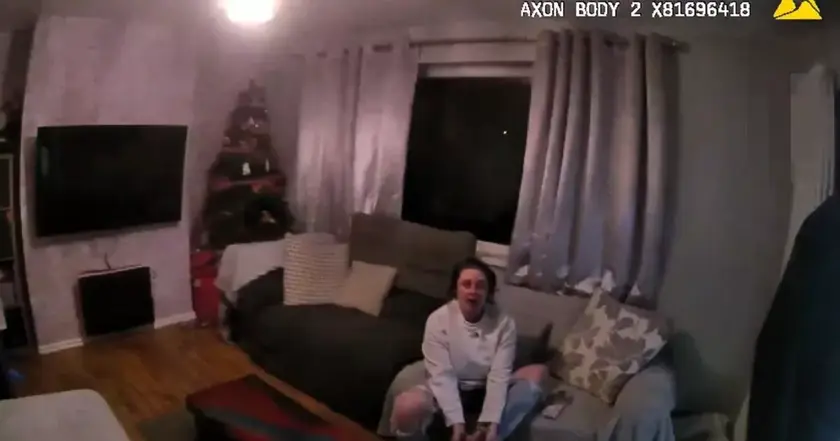
Kirsty Carless found guilty of murdering Louis Price

Kirsty Carless jailed for life for murder
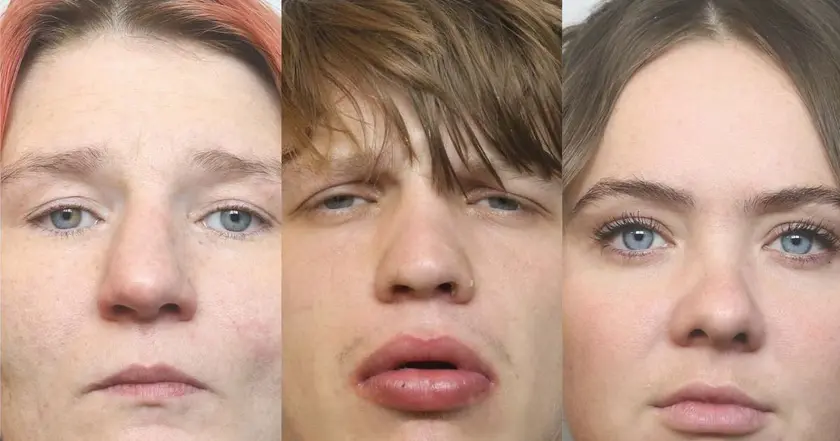
Merseyside jails 66 criminals in July
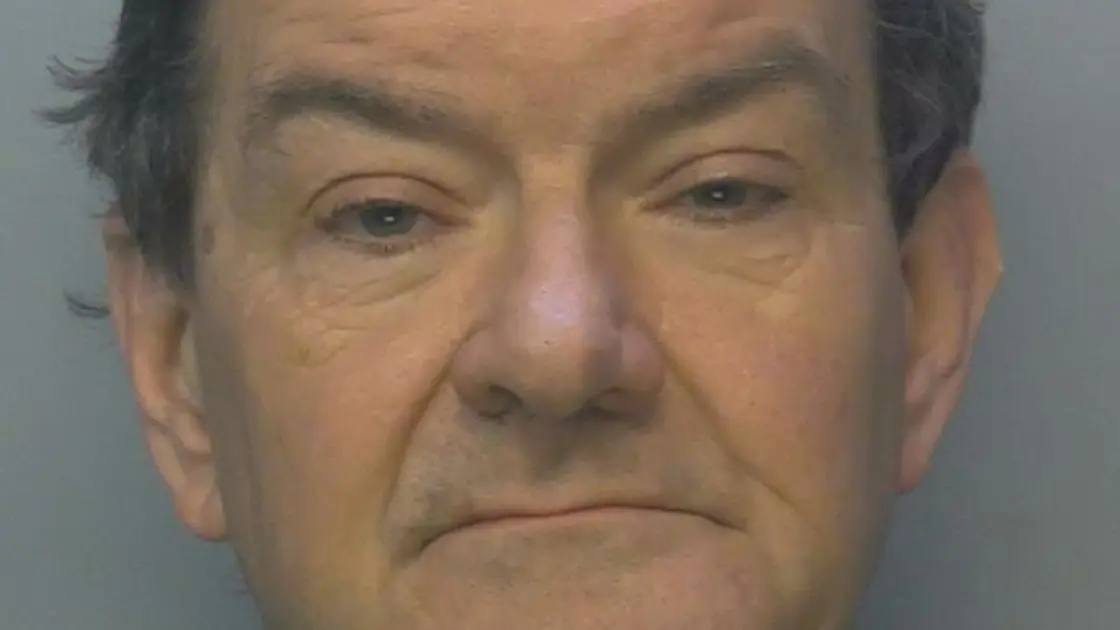
Cartwright jailed for life for murder at Pennyhill Park
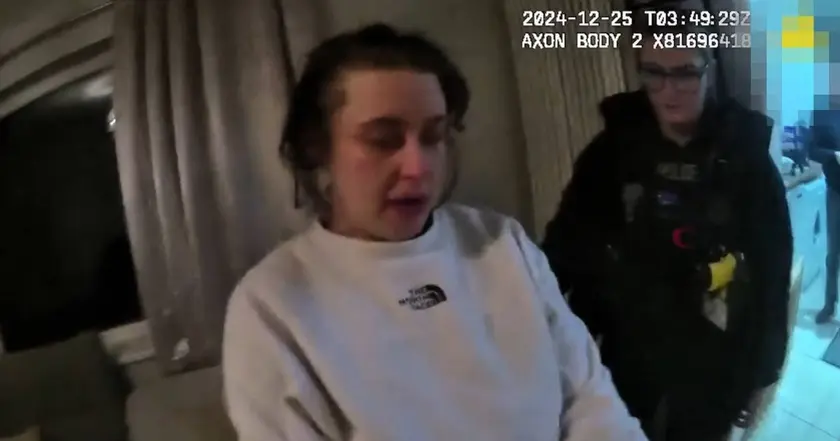
Kirsty Carless sentenced for murder of ex-boyfriend
